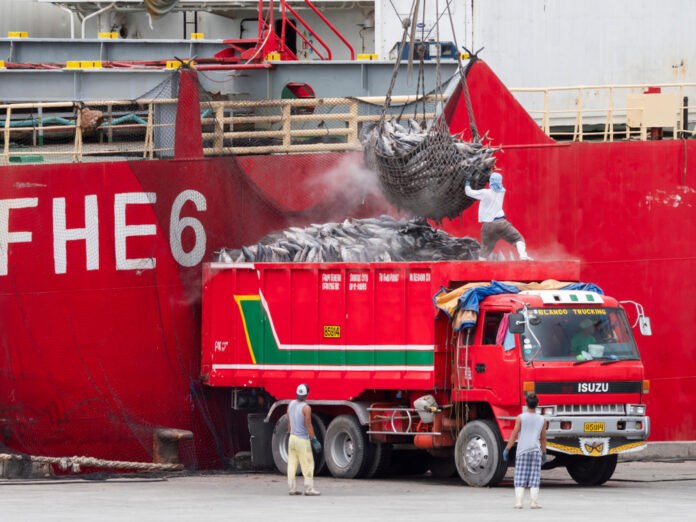The Department of Agriculture (DA) extended on Tuesday the deadline for the issuance of fish and seafood import permits to the end of June, giving importers more time to adjust to new guidelines aimed at easing food inflation and improving allocation efficiency.
President Ferdinand Marcos Jr. has directed the DA to rationalize fish importation in order to stabilize supply and prices for the tourism and high-end food sectors, with the goal of generating more jobs and attracting investment.
Earlier this year, the DA approved the importation of up to 25,000 metric tons of fish and seafood—primarily for the food service, tourism and hospitality industries. However, only about a quarter of that volume has been brought into the country so far.
Agriculture Secretary Francisco P. Tiu Laurel Jr. attributed the low uptake to overly tight importation timelines and sourcing constraints. “It’s more of a systemic issue than low demand,” the DA chief said.
“The timeframes we set were too short, and many of the approved products were out of season in their countries of origin. It was also challenging for some importers to meet requirements tied to larger volume allocations.”
The approved list of imports includes a wide range of species—from salmon, cod, and tuna by-products to squid, scallops, octopus, and lobster—none of which are locally sourced in sufficient quantities. The only exception to the import list is sardines, Secretary Tiu Laurel said.
“We allowed sardine imports because it was off-season in some of our local fishing grounds, and sardines are the most affordable fish available to help address inflation concerns,” he explained. Importers accredited under FAO 195 and those registered under FAO 259 are eligible for fish import allocations through the Certificate of Necessity to Import, which permits importation during the closed fishing season.
Eligibility is subject to the guidelines in Memorandum Order No. 12, series of 2025. FAO 195 covers the importation of fresh, chilled, or frozen fish and aquatic products, while FAO 259 applies specifically to imports for wet markets during the closed season. With the policy adjustments in place, Tiu Laurel expressed confidence that the remaining import volume would be fully utilized.







